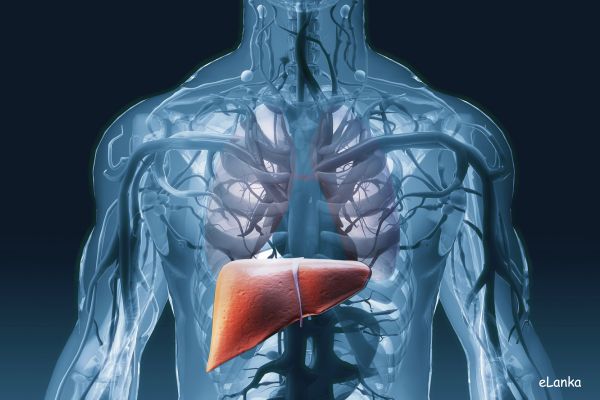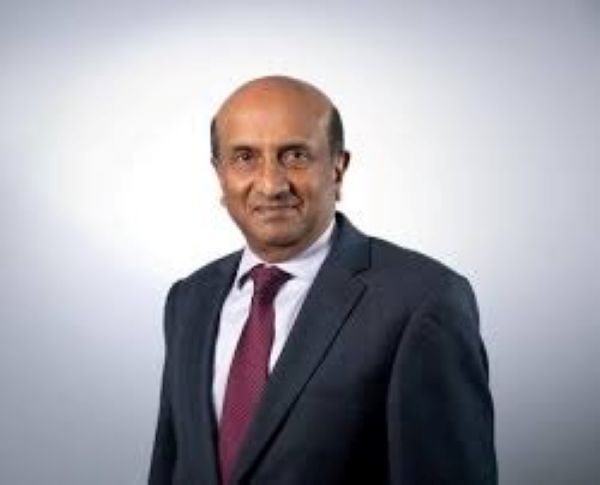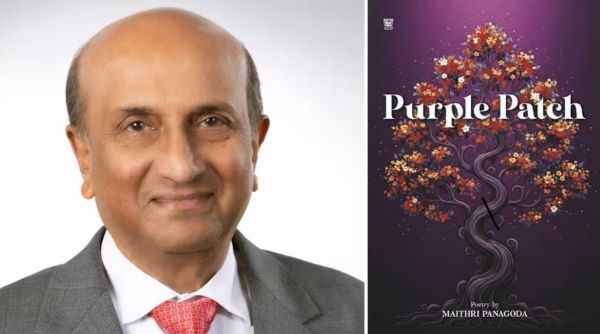World Liver Day 2025: A Reminder to Protect the Silent Guardian of Our Health – By Bhanuka – eLanka

Every year, on April 19th, the world pauses—albeit briefly—to acknowledge an organ that plays one of the most vital roles in our well-being: the liver. World Liver Day is not just a line on the health awareness calendar; it is a necessary moment to reflect on an epidemic that’s growing quietly, often unnoticed, until it’s too late.
The liver is one of the hardest-working organs in the human body. It cleans our blood, helps in digestion, stores energy, and regulates hundreds of bodily functions. And yet, it is one of the most neglected. Many liver diseases are asymptomatic until they have progressed to a dangerous stage, making early detection and regular care crucial. In 2025, as lifestyle-driven health issues continue to rise across the globe, World Liver Day feels more urgent than ever.
In today’s fast-paced world, poor diet, sedentary habits, alcohol consumption, and stress have all become normalized aspects of daily life. But these very factors are also quietly increasing the risk of liver disease across age groups. From the rise of non-alcoholic fatty liver disease (NAFLD) in young adults to an increase in alcohol-related liver damage during and after the pandemic years, there is a clear trend—and a clear warning.
The liver, unlike many organs, has the unique ability to regenerate itself. Even after losing a significant portion of its tissue, it can recover—if given the chance. That said, this resilience can be a double-edged sword. Because the liver continues to function even when under stress or damage, symptoms don’t appear until the damage becomes critical. Fatigue, bloating, mild discomfort, or slight changes in appetite are often brushed off. But they can be early signs of something much more serious.
Liver diseases can take many forms. Viral hepatitis—particularly types B and C—continues to affect millions worldwide and remains a major cause of chronic liver conditions and liver cancer. Alcoholic liver disease is another persistent concern, especially in countries where alcohol consumption is culturally ingrained. Perhaps more silently, NAFLD is now one of the leading liver conditions globally, affecting even those who do not drink, but live on processed foods, sugary drinks, and low physical activity.
What makes NAFLD particularly dangerous is its subtlety. A person may look healthy from the outside but carry fat deposits within the liver that slowly cause inflammation and scarring. Without intervention, this can progress to non-alcoholic steatohepatitis (NASH), cirrhosis, or even liver cancer. And yet, with proper dietary adjustments, exercise, and medical support, it can also be reversed.
Awareness is the first step, but action must follow. World Liver Day should not be treated as a symbolic gesture or social media post—it should serve as a real turning point. Taking responsibility for liver health begins with lifestyle. A balanced diet, high in fiber and low in refined sugars and saturated fats, can significantly reduce the strain on the liver. Regular physical activity helps prevent the buildup of fat within liver cells. Hydration supports metabolic processes, and sleep helps regulate the hormones that affect liver function.
One of the most critical, yet simple, acts a person can take is to get a liver function test. These tests are widely available, inexpensive, and can detect abnormal liver enzyme levels that indicate stress or damage long before physical symptoms appear. For individuals with risk factors—such as obesity, diabetes, high cholesterol, or a family history of liver disease—routine screening is not just recommended, it’s essential.
Vaccination is another powerful tool. Hepatitis A and B vaccines are effective and readily accessible in most countries. Hepatitis C, though not preventable by vaccine, is now curable in the majority of cases with modern antiviral medications. However, early diagnosis remains a challenge. A large portion of people living with hepatitis are unaware they are infected, often discovering it only after significant liver damage has occurred.
Mental health and liver health are increasingly understood to be interconnected. Chronic stress and anxiety can contribute to poor health choices, hormonal imbalance, and systemic inflammation, all of which can compromise liver function. At the same time, people with chronic liver conditions often experience psychological stress, creating a feedback loop that requires holistic care.
In 2025, the narrative around liver health is also expanding beyond the hospital setting. Corporate wellness programs, digital health apps, and wellness retreats are beginning to integrate liver education into their offerings. From guided detox diets at eco-lodges to customized liver care plans offered through telemedicine, the idea is to meet people where they are—and remind them that liver care doesn’t always start with treatment, but with awareness and prevention.
There is also a growing recognition that social and environmental factors influence liver health. Communities with limited access to clean water, nutrition, and healthcare are more susceptible to hepatitis and liver complications. Advocating for clean living environments, public health infrastructure, and access to education remains central to global liver health strategies. World Liver Day is an opportunity to push not only for personal awareness but for social equity.
From a medical standpoint, research into liver diseases is gaining momentum. Advances in imaging technology, biomarkers for early detection, and gene therapy are shaping the future of diagnosis and treatment. However, one truth remains constant: the best outcomes begin with early intervention.
There’s a quiet dignity in the liver’s work. Unlike the heart, which beats audibly, or the lungs, which breathe rhythmically, the liver performs in silence. It does not complain. It does not ask for attention. But when it breaks down, the consequences are profound. World Liver Day, at its core, is a call to listen to that silence—and not wait until it’s broken.
Caring for your liver isn’t complicated. It doesn’t require expensive supplements or extreme diets. It requires awareness, intention, and consistency. Eat whole foods. Limit alcohol. Move your body. Get regular check-ups. Manage stress. And most importantly, educate those around you, because change always starts with a conversation.
As the world moves forward in a post-pandemic era, health consciousness has never been more important. World Liver Day is not just for those already diagnosed with liver conditions—it’s for everyone. Because liver disease can affect anyone, and liver health is everyone’s responsibility.
This April 19, take a moment to thank your liver—for everything it does, often without recognition. Then, do something for it. Book that screening. Swap the processed snack for something fresh. Skip the extra drink. Talk to your family about hepatitis. Read up on symptoms. Donate to a liver foundation. Share this knowledge.
Because every small step adds up. And in the quiet work of prevention, lives are saved—one decision at a time.




















